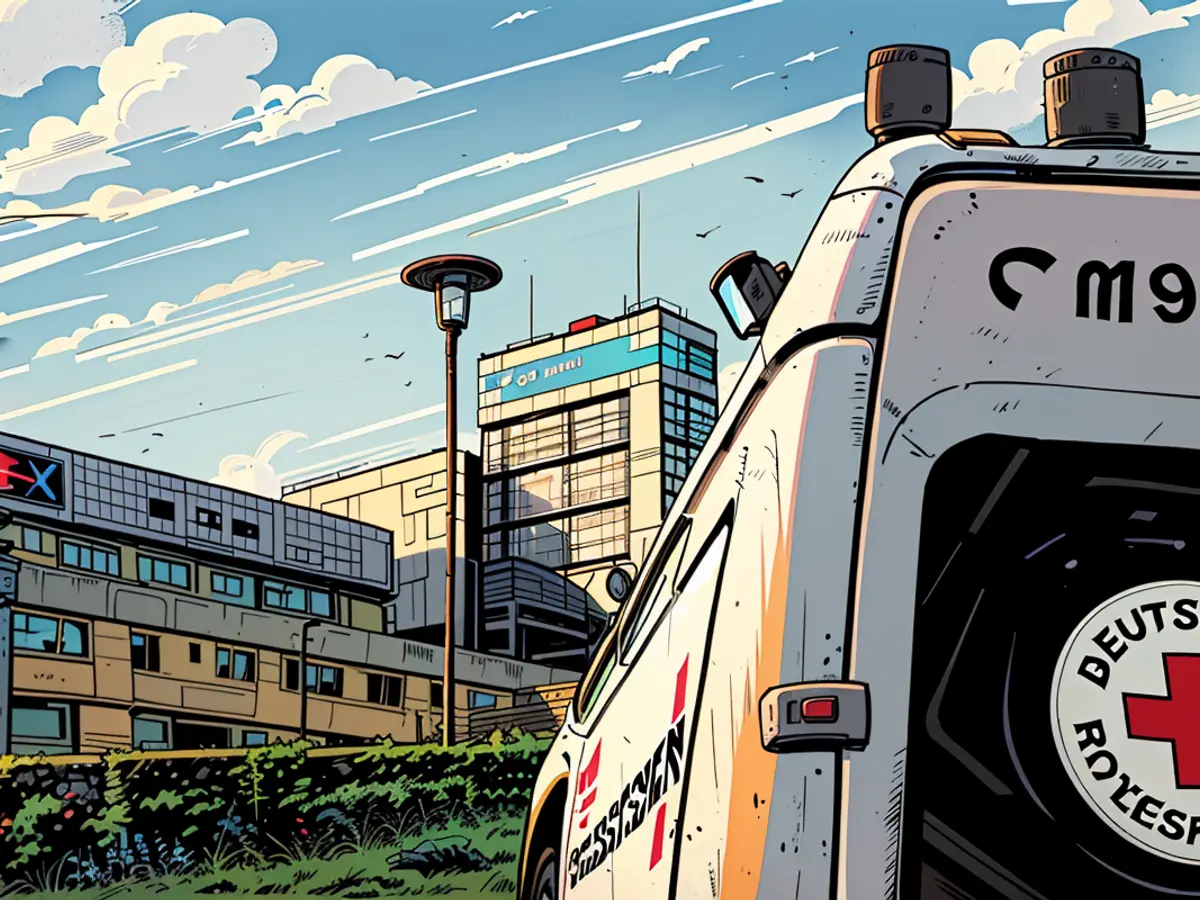Cabinet decides on reform to ease the burden on emergency services and clinics
Reduced will be the number of avoidable emergency room admissions. "Those who can be treated ambulantly and perhaps even telephonically or videoconferenced, they don't have to go to the hospital," explained Lauterbach.
A second key aspect of the reform is the creation of "integrated emergency centers." These should be the central points of contact in an emergency - and that around the clock. Their location, according to Lauterbach's plans, would be in a hospital, whose emergency department would be combined with a practice of the Statutory Health Insurance Association and a central triage station.
An essential element of an Integrated Emergency Center, according to the draft law, is the triage station: This should refer patients to the appropriate institution, for example, the emergency department. Family practices are also to be integrated.
"Patients can rely on the fact that they will be quickly and properly treated in an emergency," Lauterbach further explained about the cabinet decision. "We relieve the notoriously overburdened emergency departments and ensure proper patient management." The Minister emphasized: "Acute care should take place in the future where it makes medical sense."
The proposed Bill contains a reform for emergency services, which includes establishing Integrated Emergency Centers. SPD's Karl Lauterbach explained that these centers will serve as the central points of contact for emergencies, operating 24/7. According to the draft law, Integrated Emergency Centers will feature a triage station, directing patients to appropriate institutions like family practices or emergency departments. This reform aims to reduce avoidable emergency room admissions, providing quick and proper treatment for patients, alleviating the burden on overburdened emergency departments, and ensuring acute care occurs where it's most medically appropriate.







